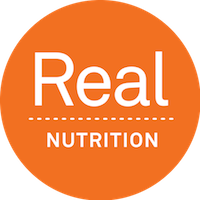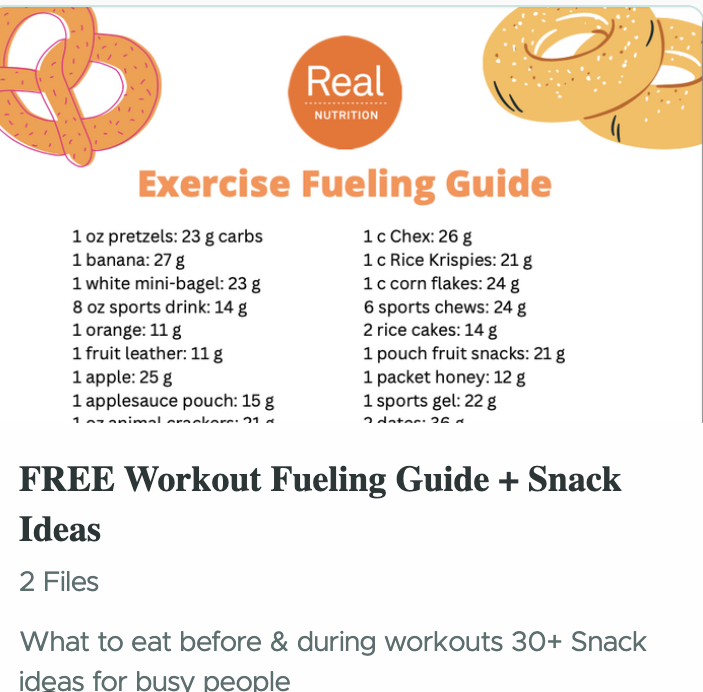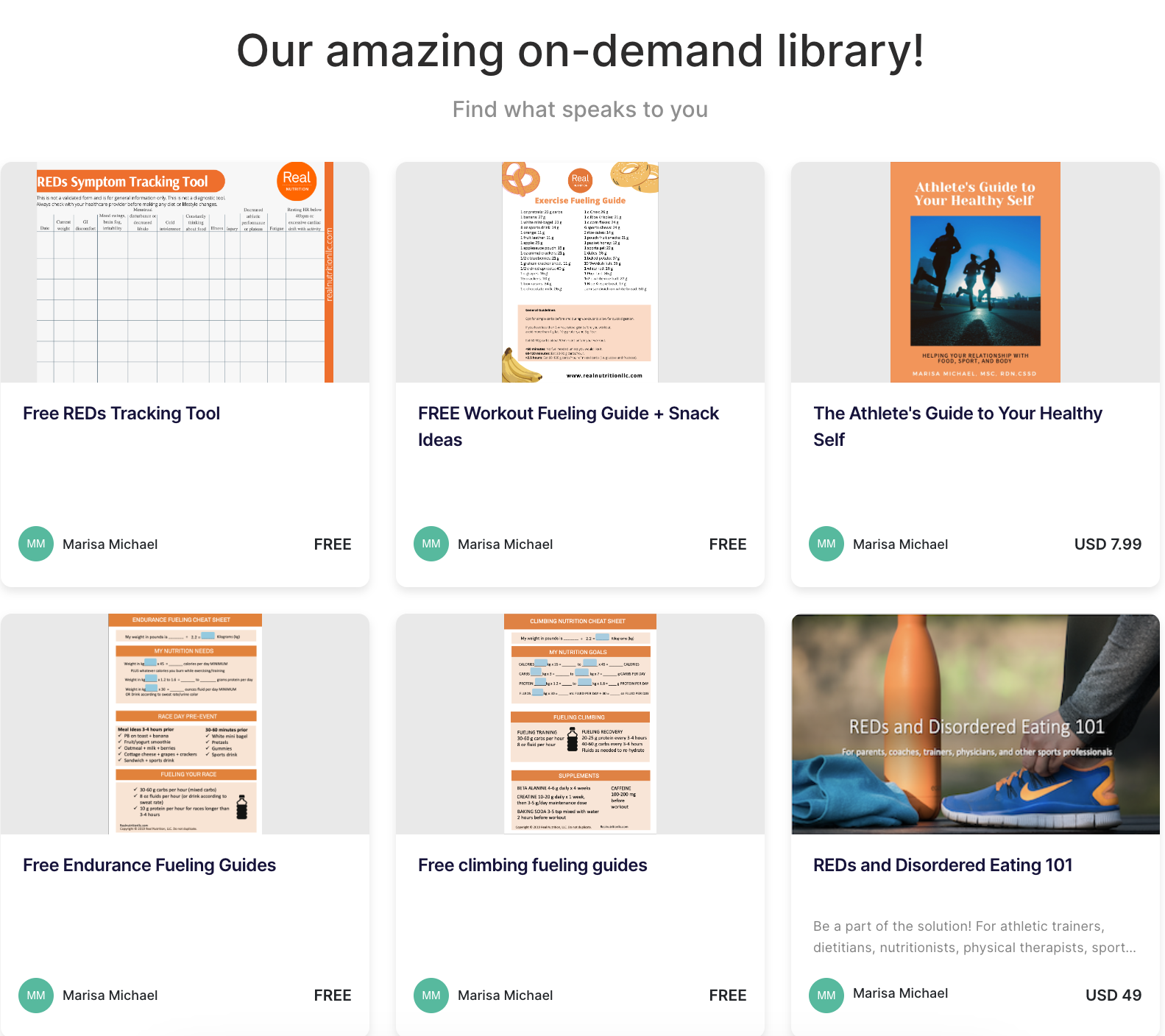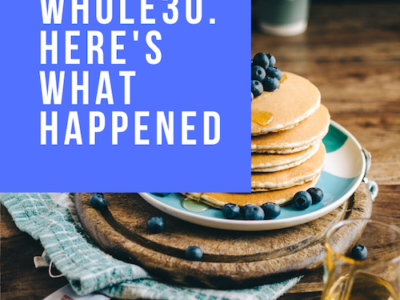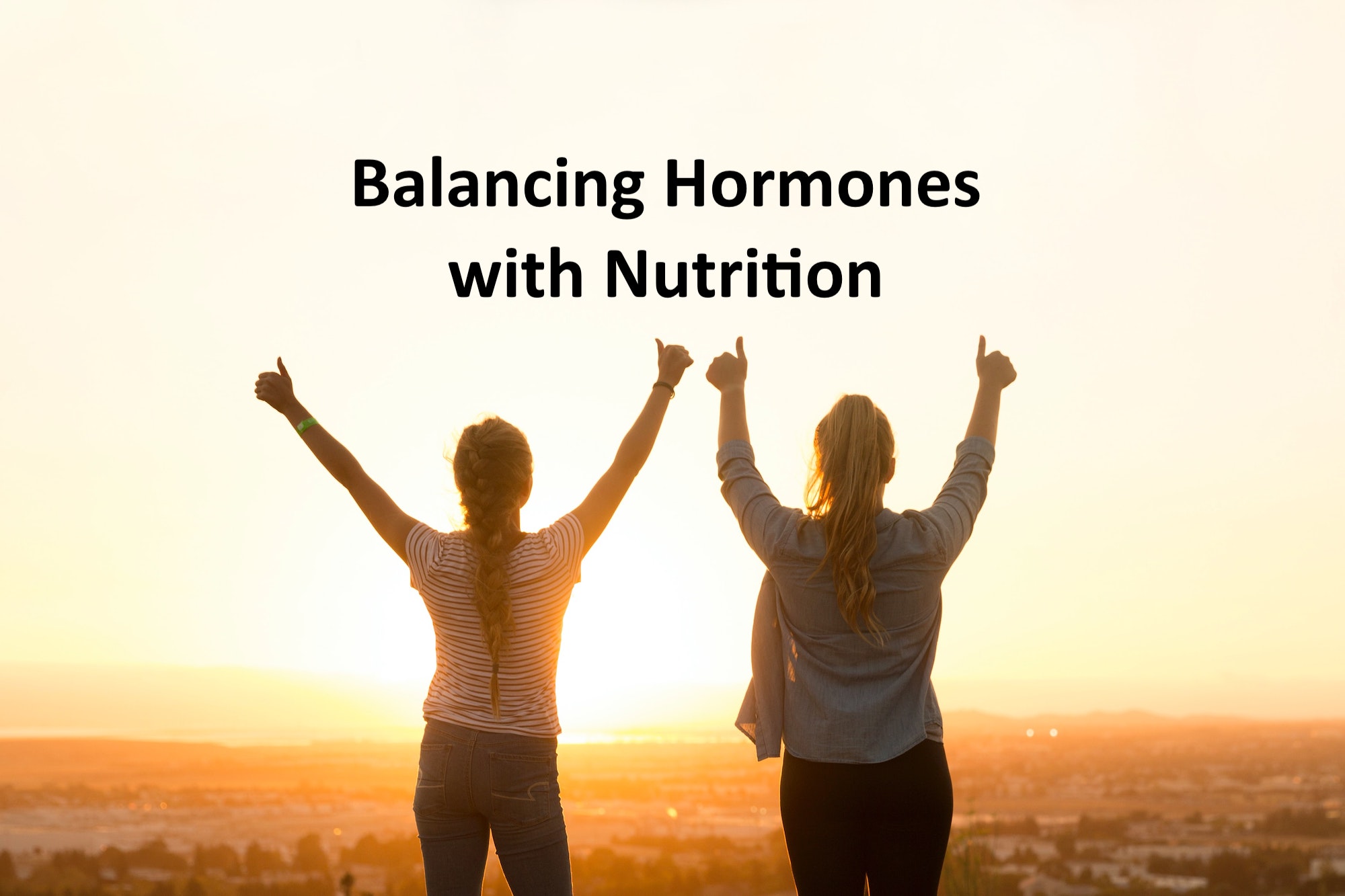
Nutrition and your hormones
Hormone health seems to be a hot topic lately. Whenever I see headlines or supplements that claim to have the key to “fixing” or “balancing” your hormones, I always wonder, “What hormones are they trying to balance? And how do they know something is wrong?”
Your body has a whole lot of hormones–around 200 hormones and hormone-like compounds. Hormones vary in their role. For example, insulin helps bring glucose into cells for fuel. Cortisol is a stress hormone. Ghrelin helps you know when you’re hungry. Thyroxine helps with heart function and digestion. And melatonin helps regulate sleep.
So if you see a supplement or diet claiming to “fix” hormones, you can bet that it’s not reliable. You may not need your hormones “fixed,” and one diet or supplement cannot “fix” or “balance” all hormones.
If you are wondering whether to buy the supplement or try the diet, first ask yourself:
- What hormone are they targeting?
- How are they assessing if it is high or low?
- How do they assess if it has improved after the supplement or diet?
- Do they have legitimate training to help with hormones (are they a physician or endocrinologist?)
Dietitians, most doctors, coaches, chiropractors, and supplement reps are not qualified to “balance” hormones.
What role does diet play in hormone regulation?
It’s pretty complex! Diet can affect many hormones. For example, eating food stimulates insulin to be secreted to help metabolize the food and get glucose into the blood and cells. For those with diabetes or pre-diabetes, diet and exercise can help manage blood sugar levels.
Ghrelin and leptin regulate hunger and satiety. Depending on how much (or how little) you eat, these hormones will rise and fall to stimulate hunger and signal when you are full. These help you know how much and when to eat. Eating a balanced meal with all macronutrients (protein, carbohydrate, and fat) plus fiber help your hunger and fullness hormones regulate. Eating a small meal of only carbohydrate, for example, leads to rapid digestion, increased blood sugar, then increased insulin in response to the blood sugar, and then a relatively quick decrease in blood sugar after the carbohydrate is digested and absorbed. A mixed meal with protein, fats, and fiber can help slow the digestion process and keep blood sugar levels more stable.
Adequate food intake helps balance hormones
To have adequate amounts of estrogen and testosterone, eating enough calories overall to fuel your body and daily activities is crucial. People that are in a calorie deficit often have low levels of these hormones. It is a symptom of relative energy deficiency in sport (RED-S).
Your body needs enough food to have the building blocks to make hormones. If you don’t eat enough, your health may suffer. Depressed hunger cues, raised stress hormones (like cortisol), decreased thyroid hormones, and decreased sex hormones like testosterone can all result from under-eating, over-exercising, or both. Dieting is a common cause of imbalanced hormones.
Restriction and dieting can actually lead to increased cortisol levels in your body. “Restrained eaters,” those that resist the cookie when they really want it, or limit their food intake due to dieting or eating disorders, have higher levels of cortisol and more menstrual disturbances than uninhibited eaters. (McLean JA, Barr SL, Appetite, 2003, 40:185-192; McLean JA, Barr SL, Prior JC, Am J Clin Nutr 2001; 73:7-12)
Get enough sleep to balance hormones
Other important factors in hormone health: sleep and stress! Inadequate sleep and increases stress and anxiety can wreak havoc on your hormones. Decreased sleep and increased stress can lead to increased cortisol–the stress hormone. This may result in more food cravings, and a decreased insulin sensitivity.
While there isn’t a magic answer for “balancing” your hormones (because, let’s be real, there are so many of them that one intervention could not “balance” all hormones), it may be nice to know that a lot of them are probably “balanced” in your body already! Some self-care with regular exercise, eating enough food, and getting enough sleep go a long way toward hormone health.
~This is general information only and not medical advice. Always consult with your healthcare professional before undergoing any diet or lifestyle change.
Want a free fueling guide? What to eat before, during, and after workouts!
Check out our amazing nutrition resources, including on-demand courses, free downloads, and webinar replays.
- Nutrition for Climbers
- The Ultimate Guide to Useful Sports Supplements
- Ditch Diets and Become an Intuitive Eater
And be sure to follow us on Instagram!
Book an appointment with the dietitian
